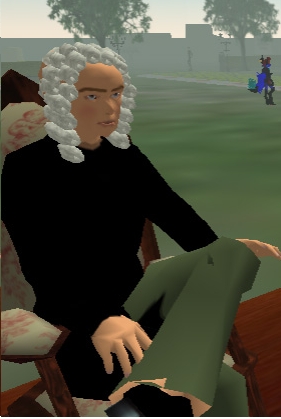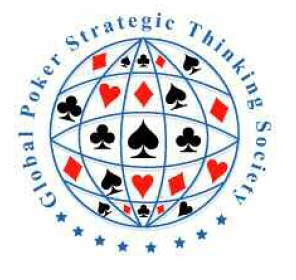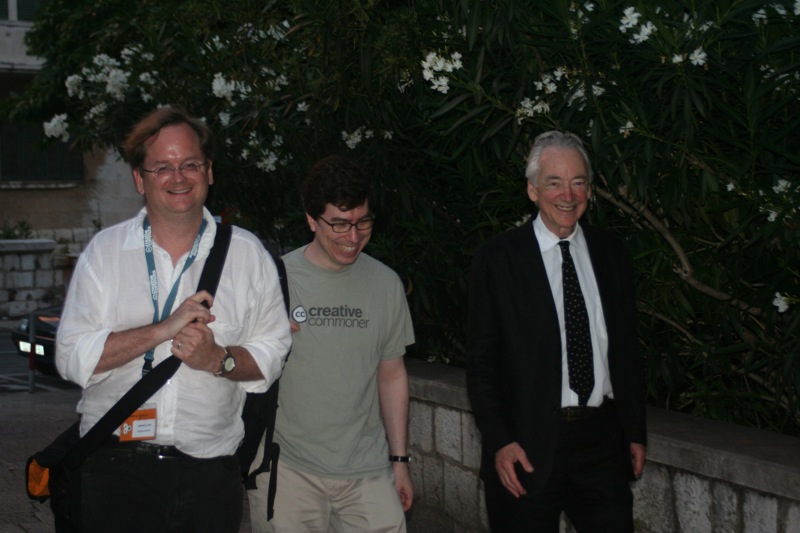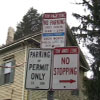Professor Nesson,
I am a freshman at the University of Alabama, and last week the
University forwarded “pre-lawsuit” letters from the RIAA to fourteen
students, and one of them happens to be my good friend. I have found
that the University of Alabama has the best interests of its students
at heart, but I think some lack of understanding about this issue was
shown on the University’s part when these letters were forwarded. I
read an op-ed you helped write in May of this year
(http://www.law.harvard.edu/news/2007/05/01_nesson.php), and I wish
that our administrators would take a similar view of this situation.
The RIAA is clearly afraid to go after Harvard, no doubt because it
knows it would face a hard fight (that they would probably lose) in
doing so. I’m afraid that our administration just wants to take the
easy way out. It’s like they think “Ok well the law says this, and we
don’t want our school to look like it is causing trouble, so here’s
this letter, sorry.” We’re only 18 years old, so the idea of this huge
and powerful association coming after us is intimidating to say the
least. Basically, I want to let the U of A know that our students need
more support. However, I can already see the email they would send back
to me. It would say that the University makes its students a priority
and everything is being done to handle this situation in the best way
possible. So I guess I just want some advice on what to do…if
anything at all.
Sincerely,
Elena Roca
***
dear elena,
the pressure point in the RIAA’s assault on universities is the subpoena to the university for the names of students to fill in the blanks on their john and jane doe law suits. it is at that point that the university has an opportunity to resist in a court of law. without resistance by the university the students are lost. without resistance by the university the university itself signs on to be industry’s copyright police under a legal regime that all the world knows makes no sense in an internet age.
i’ve blogged it. the federal rules of civil procedure which would guide the motion to quash instructs the judge to allow the university to demonstrate that the enforcement of the subpoena imposes an undue burden on the university. enforcement of one subpoena means, of course, enforcement of all like subpoenas, so that the whole policy of the university is forced to conform, and if one university, then all university unless one resists. the question for the future is: do we prefer a world in which the dead hand of the past in the form of bloated copyright law wielded and preserved by riaa’s litigation campaign changes university for ever — or should we preserve the open trusting scholarly relationships and roles in college campus life by recognizing their loss as an undue burden the music industry is imposing by its strategy of enforcement of outmoded law.
see if you can interest the crimson white in picking up this correspondence. crimson white for alabama. crimson for harvard.
eon







